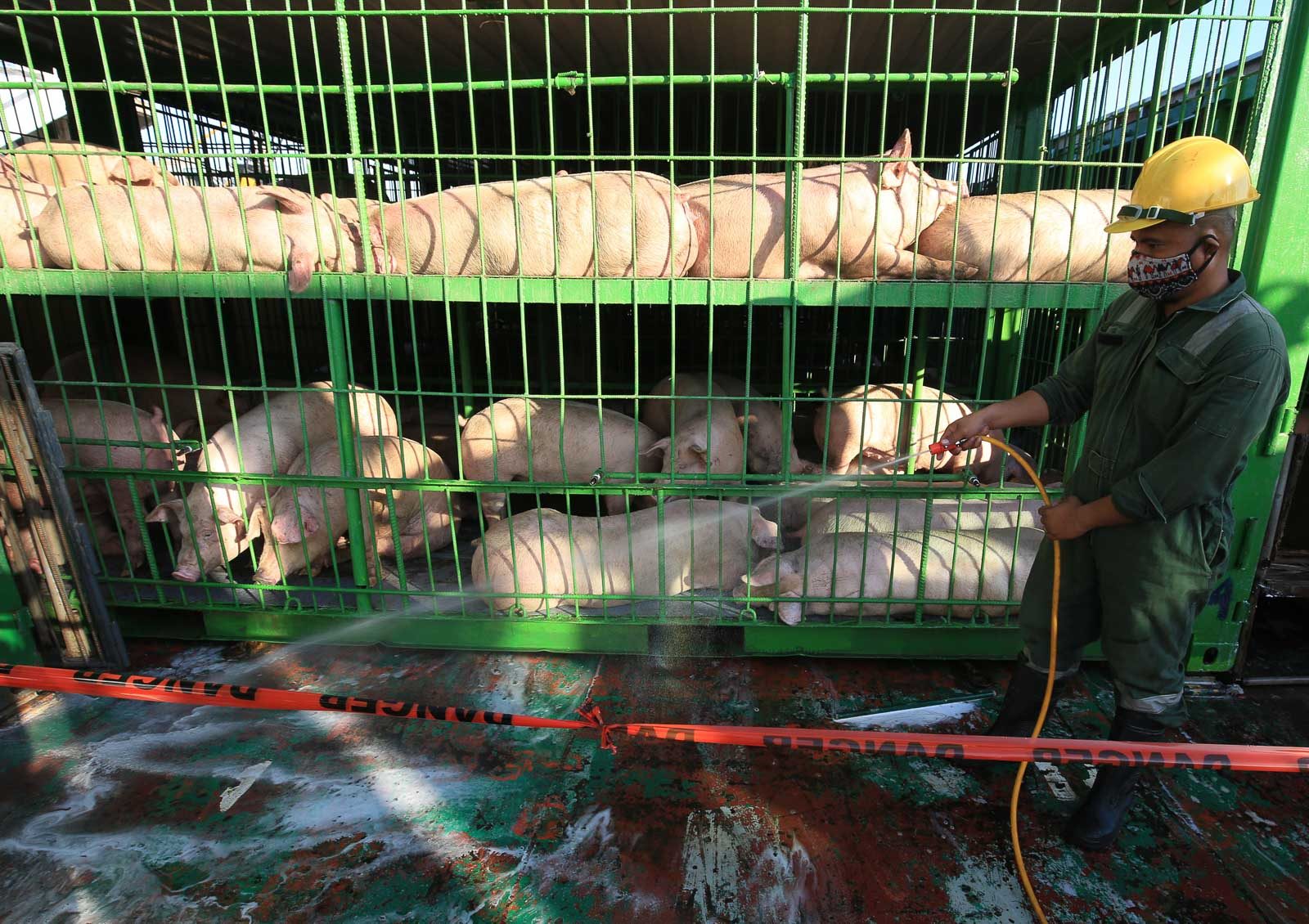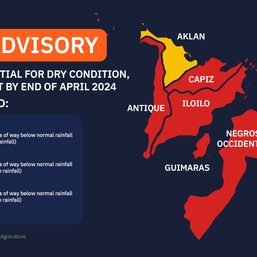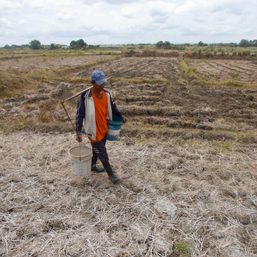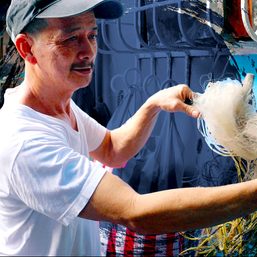SUMMARY
This is AI generated summarization, which may have errors. For context, always refer to the full article.

Economists of the University of the Philippines Los Baños (UPLB) urged the government to scrap the price ceiling set on pork and chicken, as the measure won’t address supply and cost issues of Metro Manila’s protein sources.
As of Thursday, February 18, the prevailing price of pork (pigue) is at P270 per kilo, pork liempo is at P300 per kilo, and dressed chicken is at P160 per kilo, within the price cap.
Prior to this, pork prices in wet markets went as high as over P400 per kilo.
But the figures of the Department of Agriculture (DA) hide the fact that the price cap forced some vendors, traders, and hog raisers to stop selling. (READ: [ANALYSIS] Why Duterte’s pork price ceilings backfired)
The Samahang Industriya ng Agrikultura (SINAG) also said that cheaper frozen pork is being sold in wet markets by vendors who are struggling to comply with the price ceiling.
Frozen pork that is displayed and not chilled in refrigeration facilities may be easily contaminated by bacteria and cause illnesses.
“It is clear with the recent experience that price caps will not work. This should therefore be discontinued and let the market forces work,” UPLB’s Department of Agricultural and Applied Economics said.
The economists emphasized that high prices in Metro Manila are a consequence of limited supply due to African swine fever (ASF).
“It is best to let markets take its course for now while the DA focuses its efforts more on its other interventions,” the position paper read.
The UPLB faculty members also pointed out that the DA’s efforts to have negotiated contracts with local suppliers in ASF-free areas to bring supply to the capital region may not work. (READ: EXPLAINER: Why food costs are rising and price ceilings may not work)
“These negotiated contracts may tend to become a situation of buying high and selling low. The experience in rice is already a perfect example. In addition, such intervention is prone to opportunism that is not good for society in general,” they said.
Aside from sending hogs from the Visayas and Mindanao to Manila, the DA is also proposing to lower tariffs on more pork imports to solve the supply problem.
Hog raisers, in general, are amenable to more imports, but strongly oppose lowering tariffs.
“In view of competing concerns, an alternative is to take a calibrated response which could only be effective if there is consistent and timely monitoring and evaluation of the effects on both ends of the supply chain continuum,” the economists said. – Rappler.com
Add a comment
How does this make you feel?










There are no comments yet. Add your comment to start the conversation.